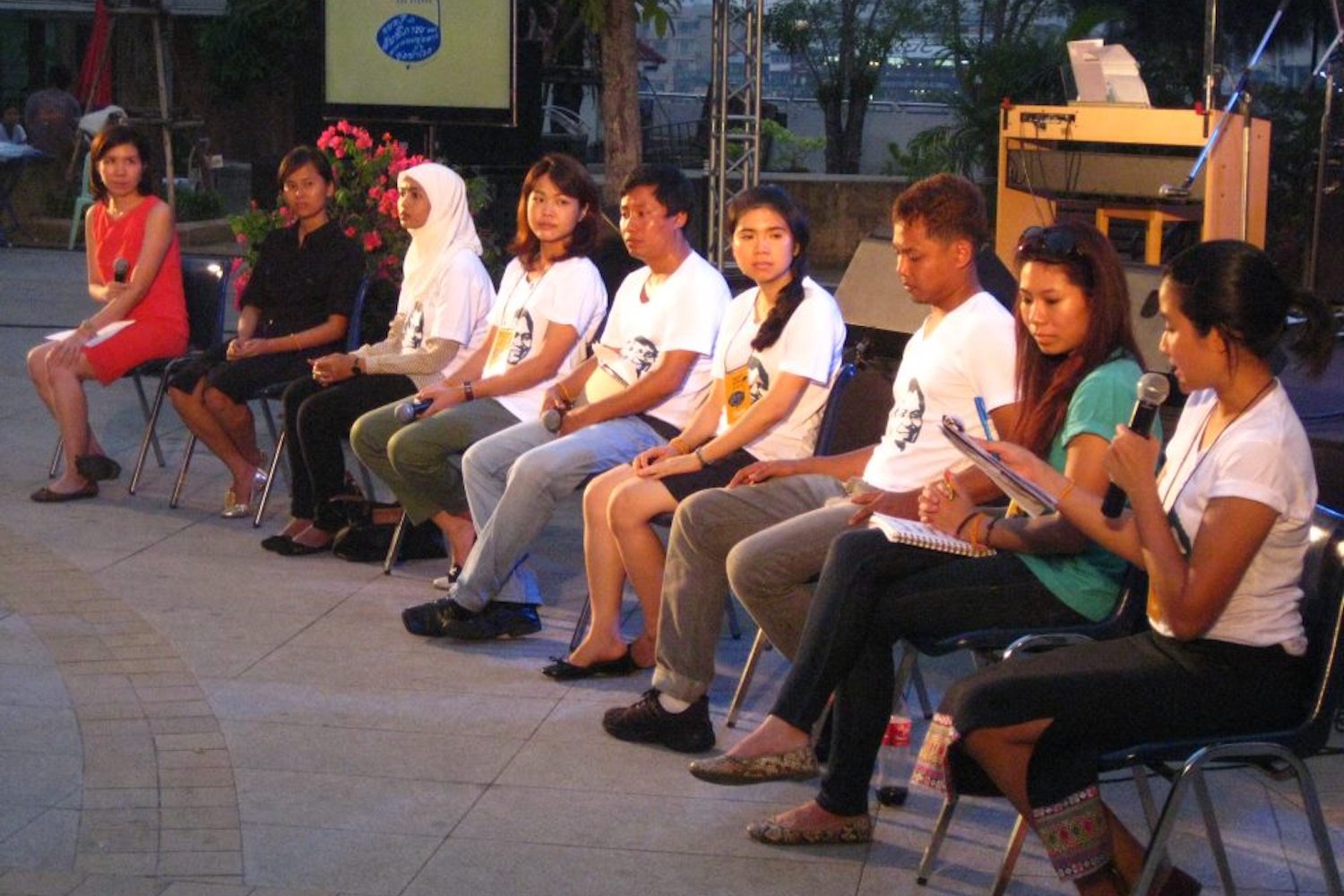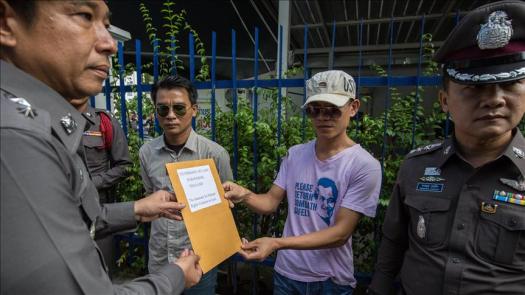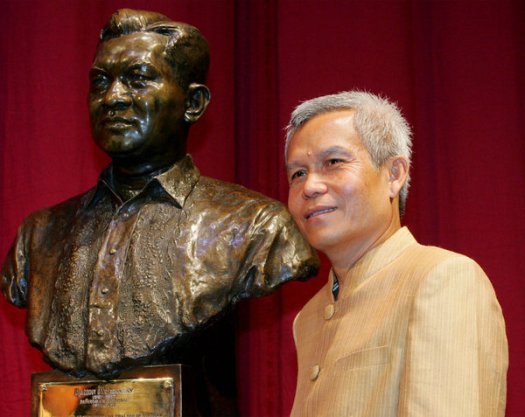El Diario: 31 Agosto 2016
Varias ONGs pidieron hoy a Laos un mayor compromiso con los derechos humanos e instaron a los países donantes que aborden el tema en la Cumbre de la Asociación de Naciones del Sudeste Asiático (ASEAN) que se celebra en Vientián la próxima semana con la asistencia del presidente de EEUU, Barack Obama.
Entre las vulneraciones, las organizaciones garantes de derechos humanos destacaron las desapariciones forzadas de activistas, la confiscación de tierras, la discriminación de las minorías, el control de los medios de comunicación, y la nula libertad de prensa y las detenciones arbitrarias.
En diciembre del 2012, el activista laosiano Sombath Somphone fue secuestrado en una de las principales avenidas de la capital de Laos tras recibir el alto en un control de tráfico, según se puede apreciar en imágenes registradas por cámaras de seguridad que logró la mujer del activista, Shui Meng. Continue reading “Varias ONGs piden a Laos un mayor compromiso con los derechos humanos”




 Human rights and democracy advocates are using next week’s Association of Southeast Asian Nations (ASEAN) summit in Vientiane, Laos, to draw attention to the country’s authoritarian regime.
Human rights and democracy advocates are using next week’s Association of Southeast Asian Nations (ASEAN) summit in Vientiane, Laos, to draw attention to the country’s authoritarian regime.









